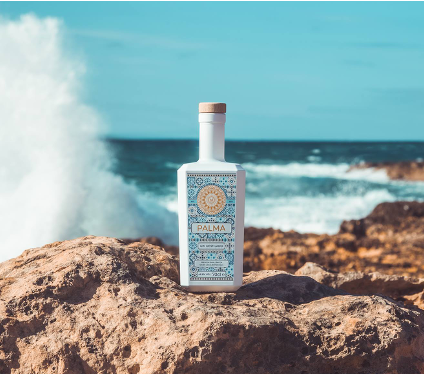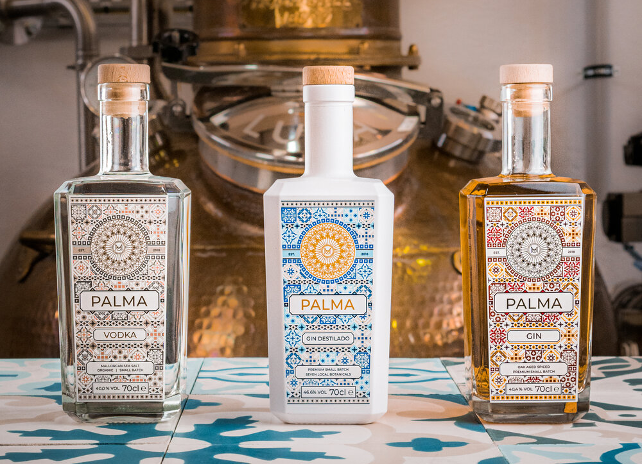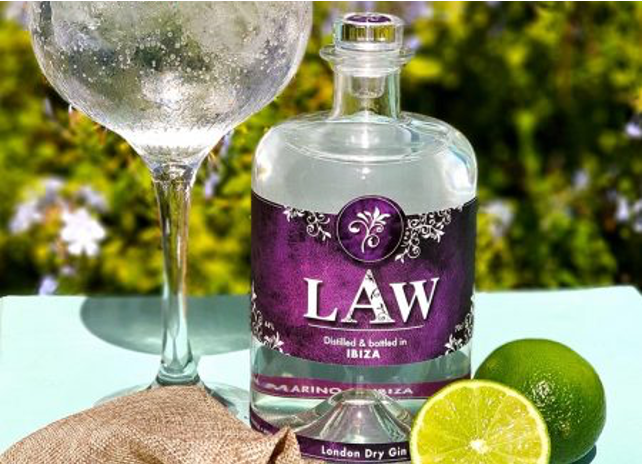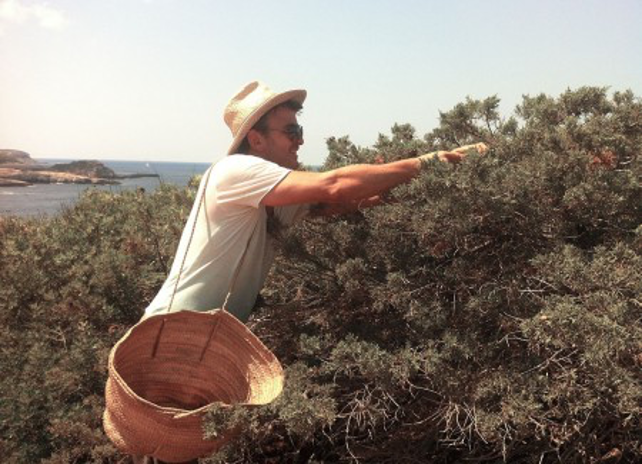The History of the Spanish Gin Industry Byron: Spain has a rich history when it comes to the production alcoholic beverages, and this is not just limited to wine. Distilling is likely to have been carried out on the Iberian Peninsula since the arrival of the Moors over 1,000 years ago. Although historically, the focus of spirits production in Spain has been in derivatives of wine or grape distillates, such as Brandy and Orujo, local distilling expertise has translated well to the production of Gin. Another benefit of this prolonged history is the availability and use of Spanish produced Stills, which maintain a traditional charm that is quite different to the sterility of the many modern off the shelf Stills that are available to Craft Gin Distillers today. Alex: One of the oldest Gin brands comes from Menorca - The Xoriguer Distillery in Mahon was established in 1794 and is still distilling the same recipe today. And through its colonies, Spain also brought Gin to the Philippines - the country with the highest Gin consumption per person in the world. It is important to note that the Spanish market does not operate as a single entity. Spain is strictly divided into regions, including Catalunya, Aragon, Galicia, Andalusia etc. Each region has its own distributors and finding a company that distributes in all regions is rare and very difficult. Spanish Botanicals Bryon: Gin Distillers is Spain are spoilt for choice when it comes to the availability of local botanicals and base alcohols. Citrus fruits are available in abundance all over Spain and as a result, many offerings focus on showcasing the nuances in aroma of varieties local to producer. In additional to citrus, many Spanish Gins make use of local wildflowers and herbs, adding complexity and variety to the Gins distilled in Spain. We like to show off the richness in flavour of the Mallorquin Orange Peel, Lavender and Almond Blossom in our Palma Gin, all grown within 15km of our Distillery (pictured above) along the edge of the Tramuntana Mountains. Another interesting development has been the use of local Wine and Sherry Casks in the aging of Spanish Gins. Alex: Since we are in the Mediterranean, citrus is very important. Lemons grow all year round and you can just pick them and put them fresh in your still. Rosemary grows everywhere too, so it is often used as a botanical or as a G&T garnish. Many distilleries and gin brands focus on regional products which are typical for the area where they are distilled. LAW Gin, for example, is distilled in Ibiza where the prickly pear has cultural heritage - so it was logical to use the fresh fruits for the recipe. And of course, since there is a variety of juniper that mainly grows in the Balearic Islands, called 'Phoenician Juniper', it was decided that this variety would be used in our gin. How the Gin Industry has Changed in Spain Byron: In terms of production, the Spanish Gin Industry, has developed significantly in the past 10 years. There has been notable increase in the number of smaller craft producers throughout Spain, challenging the bigger traditional regional distilleries in terms of variety and quality in offerings. As a result, these larger producers have also revived and modernised their range of Gins. How the Spanish Like to Drink Gin Byron: When it comes to consumption, the G&T has been dominant in Spain for a while now, inspiring the widespread adoption of the Copa and complex garnishes throughout the UK. However, Vermouth has been making a comeback in Spain in the last couple of years, looking to regain its spot as aperitif of choice. As a result, locally produced Gins have found a new home in Spain’s flourishing cocktail scene. We are really lucky to have such a great selection of innovative cocktail bars in Palma, who are always looking to add their twist to tried and tested recipes. Alex: The Spanish consumers also like sweet gins, so Pink Gin has a strong impact on the market. Well-known Spanish Gin brands like Larios have adapted to this trend and you'll find a wide range of Pink Gins in Spain nowadays. You Might Also Like...
Comments are closed.
|





 RSS Feed
RSS Feed


